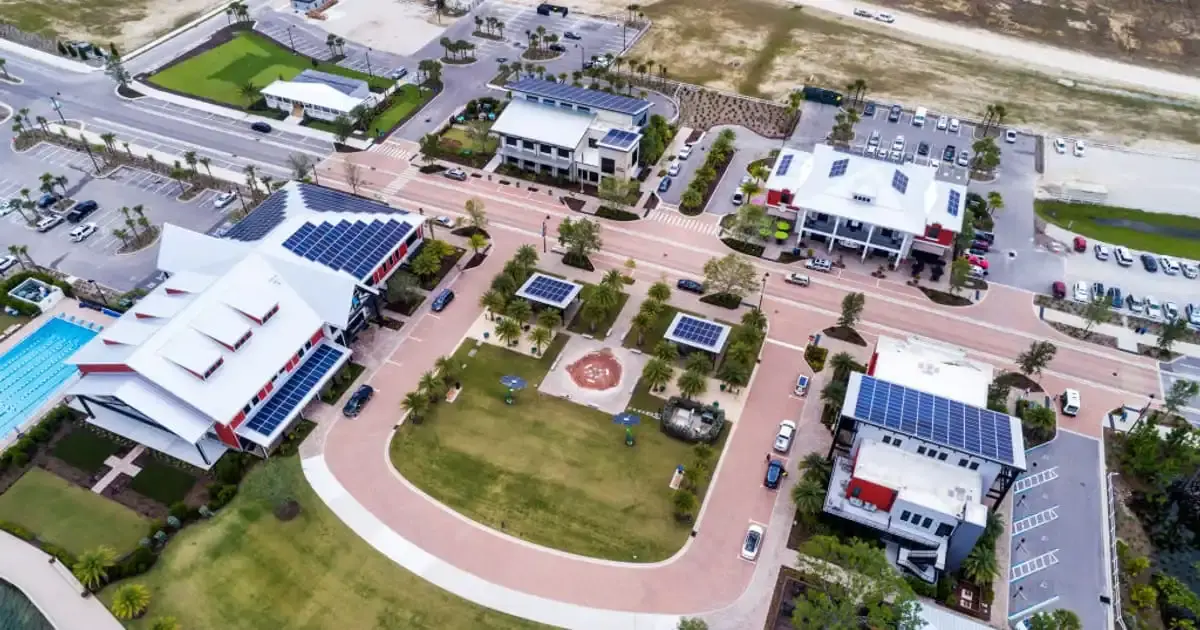- cross-posted to:
- energy@slrpnk.net
- cross-posted to:
- energy@slrpnk.net
Rooftop solar, backup batteries, electric vehicles, and smart thermostats and appliances are all crucial to the energy transition in their own right. But if utilities are able to combine these distributed energy technologies together to form so-called virtual power plants, the result could be greater than the sum of its parts — and make the energy transition tens of billions of dollars cheaper.
Solar United Neighbors, a nonprofit that has helped organize more than 30,000 households to secure lower-cost rooftop solar, worked with clean energy boutique law firm Keyes & Fox and industry partners including leading solar-battery installers Sunrun and Sunnova to craft the model tariff and legislation.
The goal is to bring a standardized approach to what’s now a fractured state-by-state landscape for VPPs — also referred to as distributed power plants.

Virtual Power Plants?
Its just a decentralized grid.


